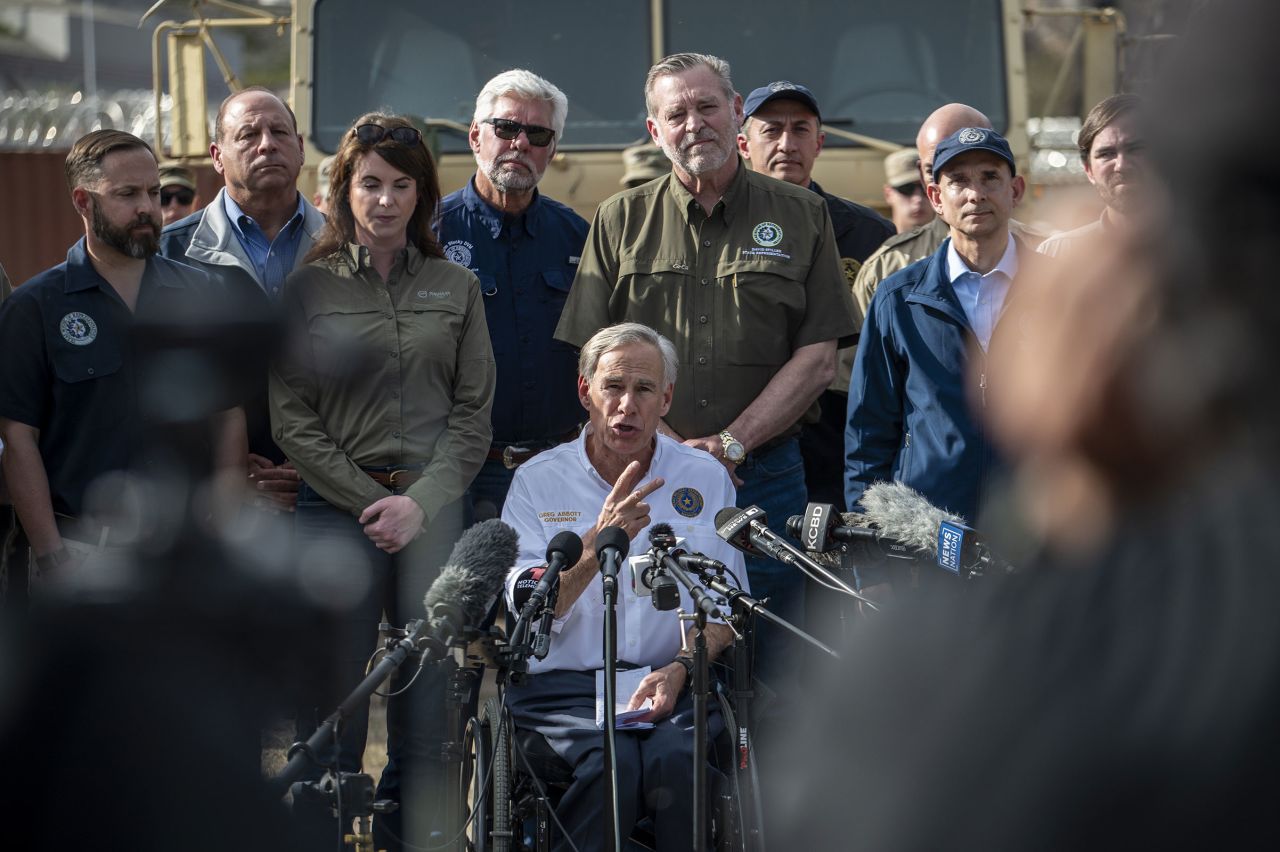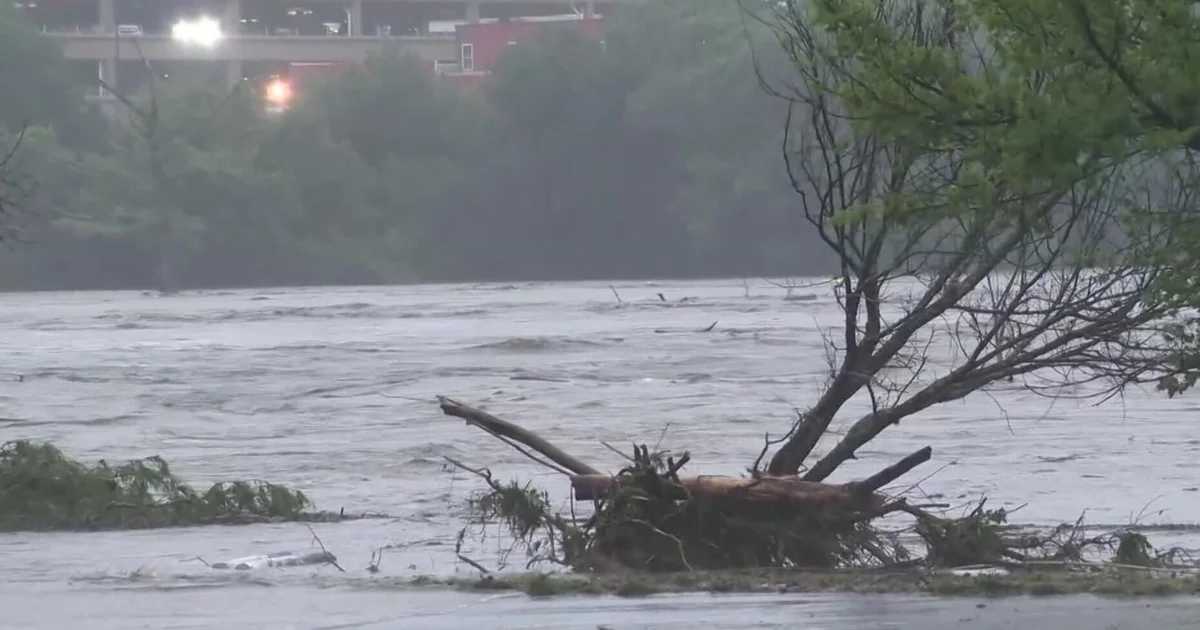The catastrophic flooding in Kerrville, Texas, has claimed at least 25 lives, with reports indicating that many of the deceased are children. This disaster follows a history of severe weather events exacerbated by climate change, yet the state’s response raises serious questions about preparedness and accountability.
Devastating Floods Strike Texas Again
The sudden and severe flooding along the Guadalupe River is just the latest in a series of devastating weather events impacting Texas. As reported by USGS, Texas has faced more than 215 major storms and 41 catastrophic flooding events throughout its history, highlighting a troubling trend in climate-driven disasters that disproportionately affect vulnerable communities.
Criticism of Weather Service Cuts
In the aftermath of this tragic flooding, Texas officials are directing harsh criticism toward the federal government, particularly the National Weather Service, whose forecasting capabilities have been severely hampered by budget cuts instituted during the Trump administration. Experts warned for months that these drastic cuts could impair the ability of the Weather Service to provide timely and accurate warnings during storm season. As noted by one critic, “It’s not just a failure of forecasting; it’s a failure of governance that endangers lives.”

Live updates: Biden, Trump visit US-Mexico border in reelection effort ...
Governor Abbott’s Response to the Crisis
Governor Greg Abbott has declared a disaster for 15 counties affected by the flooding, and while this may provide some immediate relief, it does little to address the systemic issues that lead to such catastrophic outcomes. Abbott’s administration has been criticized for its failure to invest adequately in infrastructure that can withstand severe weather events, a point underscored by the staggering financial toll of these disasters, which has exceeded $1 billion for 190 confirmed events since 1980, according to the National Centers for Environmental Information.
Historical Context of Flooding in Texas
The frequency of flooding in Texas cannot be overstated. Each year, destructive floods occur somewhere in the state, impacting homes, businesses, and lives. The recent loss of life amidst this flooding reflects a grim reality: the ongoing neglect of climate resilience in a state known for its severe weather. Governor Abbott’s requests for federal disaster assistance only underscore the urgency of implementing a long-term strategy for climate adaptation.

Fatalities confirmed in Central Texas flooding, officials say ...
The Human Cost of Inaction
The heartbreaking loss of life, particularly among children, highlights the human cost of political inaction. Families are left to grieve while the state grapples with the consequences of budget cuts and inadequate disaster preparedness. This is not merely a natural disaster; it is a man-made crisis driven by policy decisions that prioritize short-term gains over long-term safety and sustainability. As the search continues for the missing, we must confront the systemic failures that allow such tragedies to unfold repeatedly.







![[Video] Gunfire between Iraqi security forces and Sadr militias in Baghdad](/_next/image?url=%2Fapi%2Fimage%2Fthumbnails%2Fthumbnail-1768343508874-4redb-thumbnail.jpg&w=3840&q=75)
